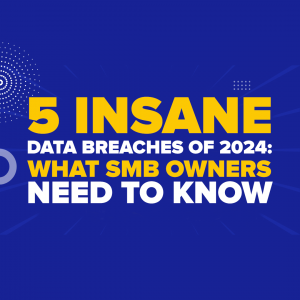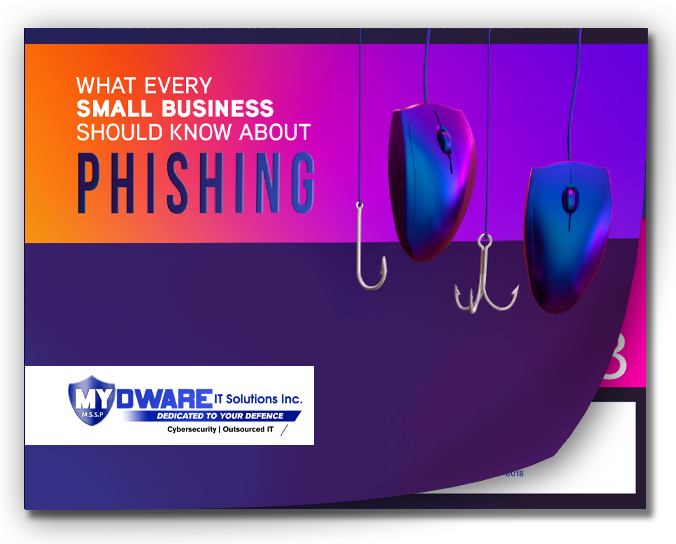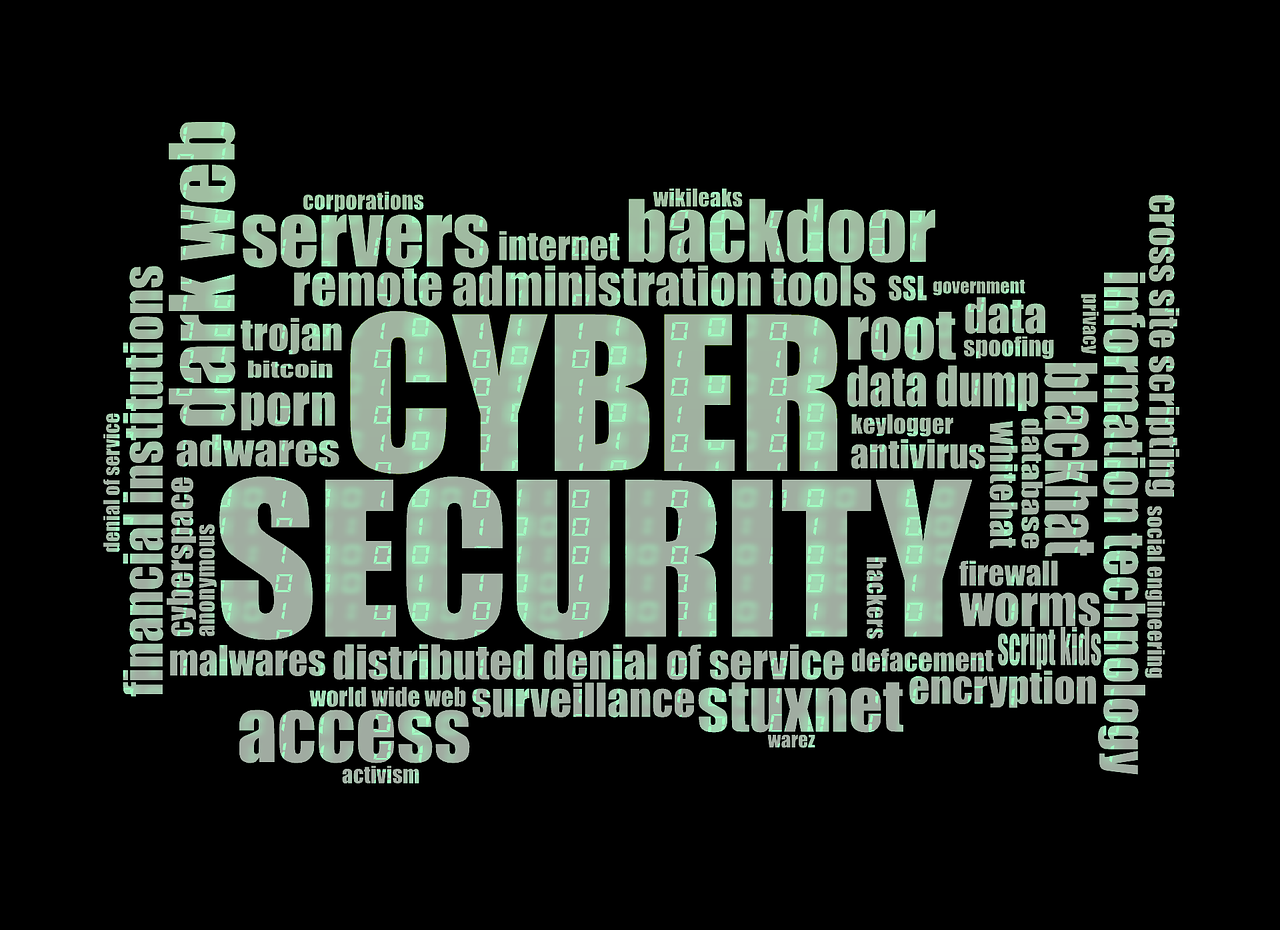 2024 has been a record-breaking year for cybercriminals, with some of the largest data breaches impacting companies across various sectors. From healthcare to tech, no industry has been left untouched. While these incidents affected major corporations, they’re also a reminder of the risks facing small to midsize businesses, which are increasingly targeted by cyber threats.
2024 has been a record-breaking year for cybercriminals, with some of the largest data breaches impacting companies across various sectors. From healthcare to tech, no industry has been left untouched. While these incidents affected major corporations, they’re also a reminder of the risks facing small to midsize businesses, which are increasingly targeted by cyber threats.
Here, we’ll look at the top data breaches so far and what your business can do to stay protected.
Significant Data Breaches of 2024
Let’s examine five major data breaches that dominated headlines this year and understand what these incidents mean for smaller businesses.
1. National Public Data Breach
Earlier this year, a hacking group accessed a background-checking and data-brokering site, exposing 2.7 billion personal records. This breach revealed sensitive data such as Identification numbers, addresses, and other private information, much of which has already been shared on the dark web. For individuals and businesses alike, this incident underscores the importance of monitoring financial and online identities to avoid identity theft.
Recommended Action: Consider freezing credit and regularly monitoring online accounts to detect any unusual activity.
If you want to learn more about the National Public Data Breach, click here.
2. Ticketmaster Breach
Ticketmaster faced a major breach that affected over 560 million customers. Hackers accessed the company’s databases, compromising personal information like names, emails, phone numbers, and payment details. Many customers reported unauthorized charges and other fraudulent activities following the breach, highlighting the potential financial and reputational damage from insufficient security measures.
Takeaway: Every business should prioritize data security to protect both its reputation and its customers’ sensitive information.
If you want to learn more about the Ticketmaster breach, click here.
3. Change Healthcare Ransomware Attack
In February, Change Healthcare suffered a large-scale ransomware attack that compromised the personal data of 145 million individuals. The breach affected health records, Identification numbers, and other sensitive information, impacting patients, healthcare providers, and insurance companies alike. This incident has led many in the healthcare sector to reassess their cybersecurity strategies.
Key Lesson: Businesses across industries must implement robust cybersecurity to guard against ransomware and other attacks.
Think you know everything about this cyberattack? Here's 4 things you PROBABLY don’t know about ransomware!
4. AT&T Data Breach
In March, AT&T experienced a data breach that exposed the personal information of approximately 73 million customers. Sensitive data—including Identification numbers, account details, and passcodes—was accessed, with some data dating back to 2019 surfacing on the dark web. AT&T’s response included an investigation and malware containment, but the breach has also resulted in potential legal challenges for the company.
Implication: Small businesses should understand that no organization is too small to be targeted. Security measures like regular updates, strong passwords, and network monitoring are essential.
5. Dell Portal Breach
Dell’s reseller client portal was breached in May, resulting in the exposure of 49 million customer records. Hackers used brute-force attacks to access sensitive data, including names, emails, payment information, and account details. This incident raised serious concerns about Dell’s cybersecurity practices, prompting the company to enhance its protocols and undergo regulatory scrutiny.
Impact on Smaller Companies: Ensure your customer and financial data is well-protected by securing all access points, especially if third-party vendors are involved.
4 Ways On How To Protect Your Business
While the breaches above may have affected large companies, they hold critical lessons for small and midsize businesses. Implementing these 4 proactive strategies can significantly reduce your risk:
1. Strengthen Your Cybersecurity Measures
Ensure you have strong defenses in place, including firewalls, secure passwords, and multi-factor authentication. Routine vulnerability assessments help you stay one step ahead of threats.
2. Employee Training
Educate your team on cybersecurity best practices, including instantly identifying phishing scams and the importance of secure password management.
Recognizing phishing scams is crucial because there is an overpowered phishing attack that is being used everyday.
3. Proactive Incident Response
Have a plan in place for responding to breaches, including notifying customers and managing potential fallout to preserve trust.
4. Routine System Audits
Regularly audit your systems and applications to ensure they are up-to-date and secure. Outdated software can be an easy entry point for attackers.
Protect Your Business with a Free Security Risk Assessment
These incidents make it clear: cybersecurity must be a priority for businesses of all sizes. To help, we’re offering a FREE Cybersecurity Risk Assessment to identify potential vulnerabilities in your network. Our experts will analyze your systems, patch weak points, and strengthen your defenses to ensure your business is well-protected.
Don’t wait until it’s too late—contact us today to schedule your free assessment or call our office for immediate assistance.
Darryl Cresswell
CEO & President
MYDWARE IT Solutions Inc.




